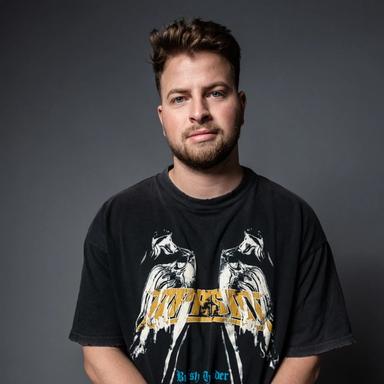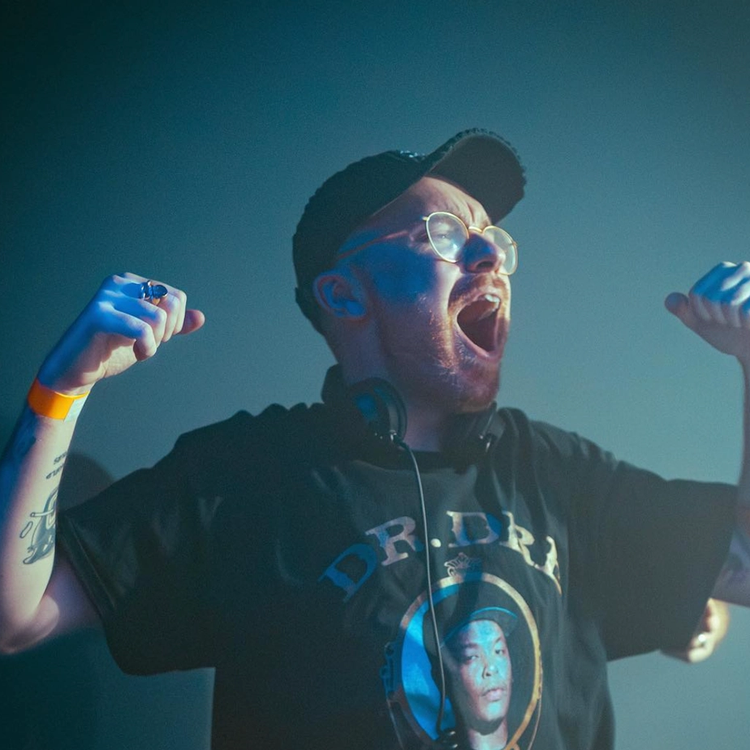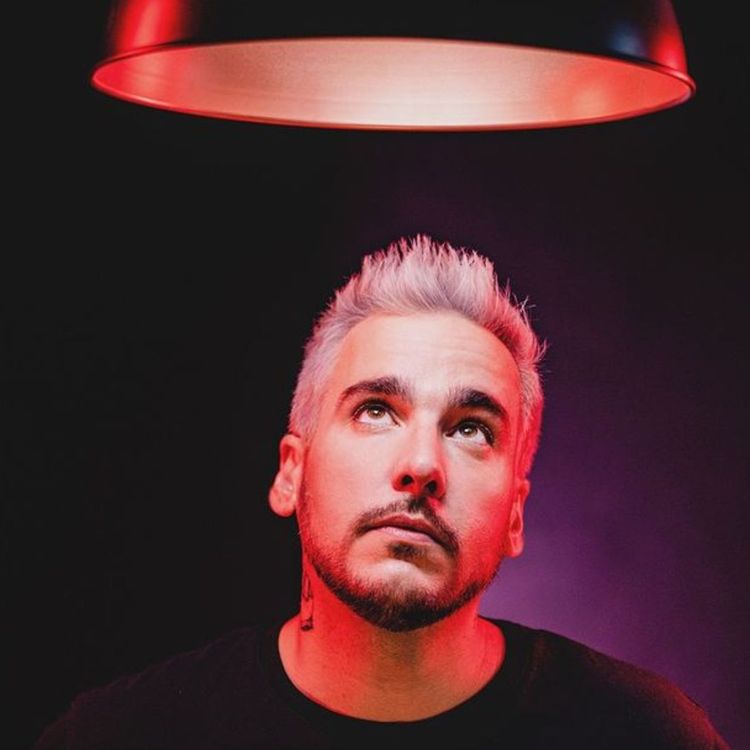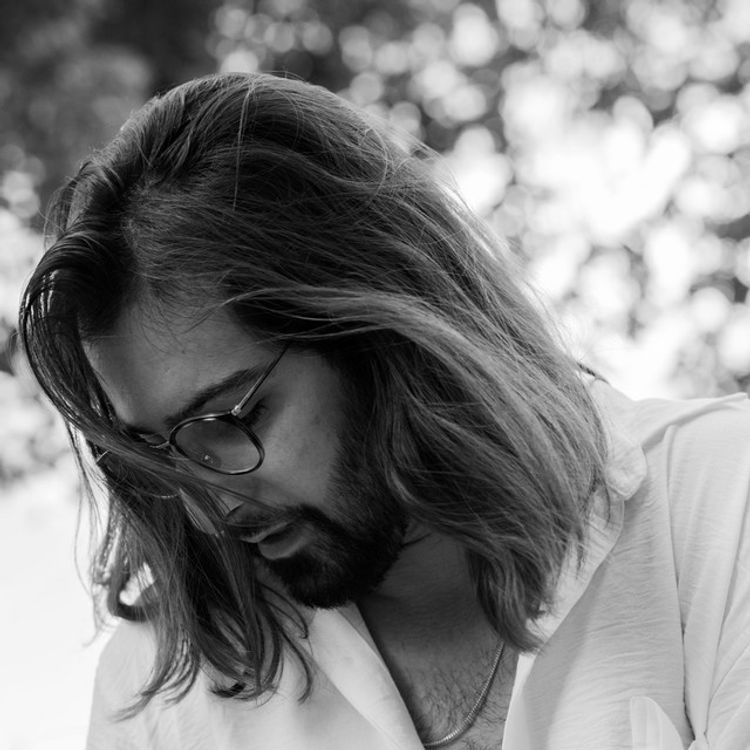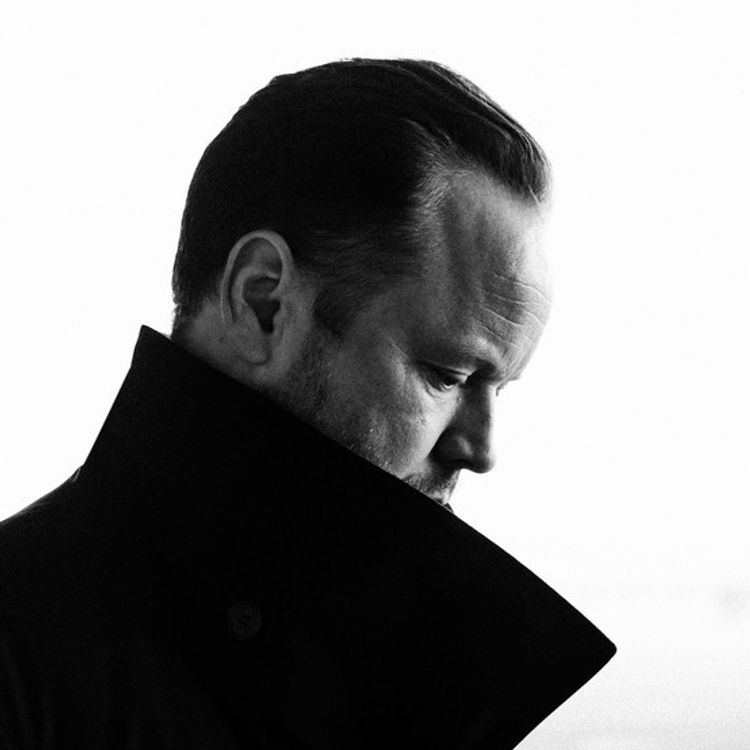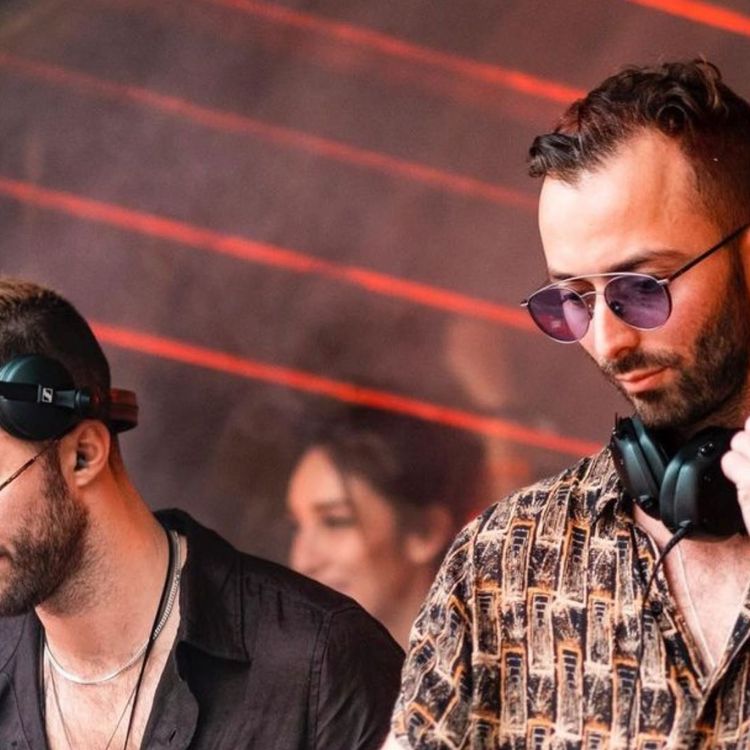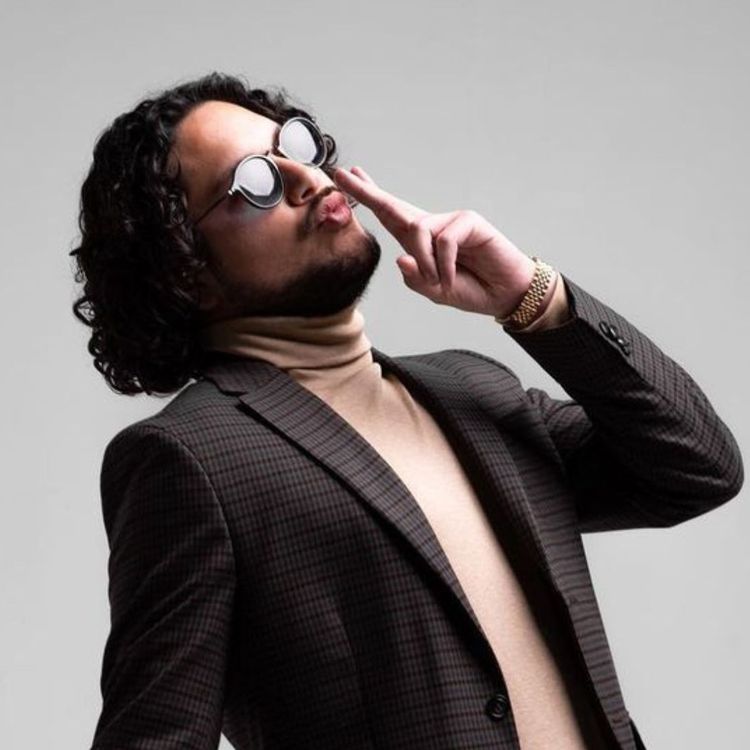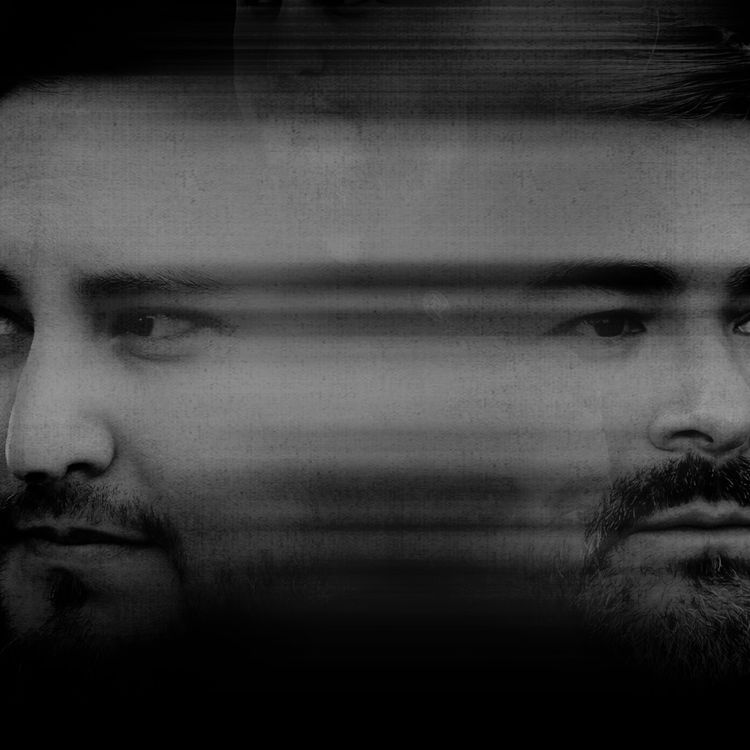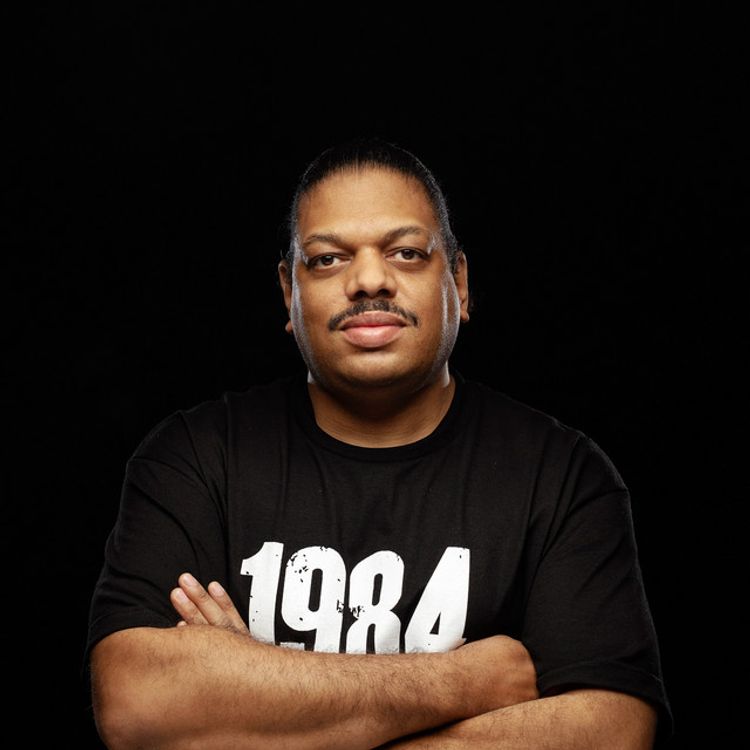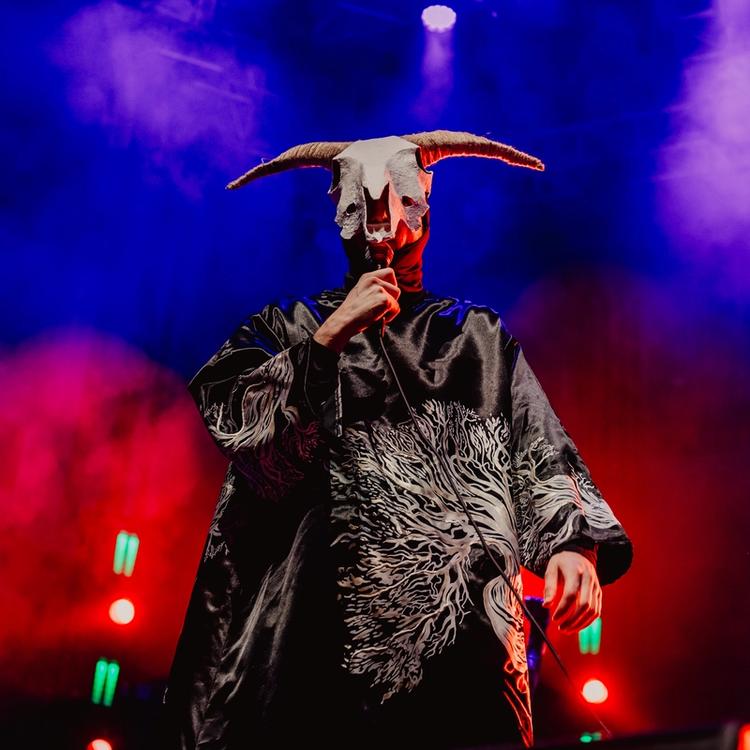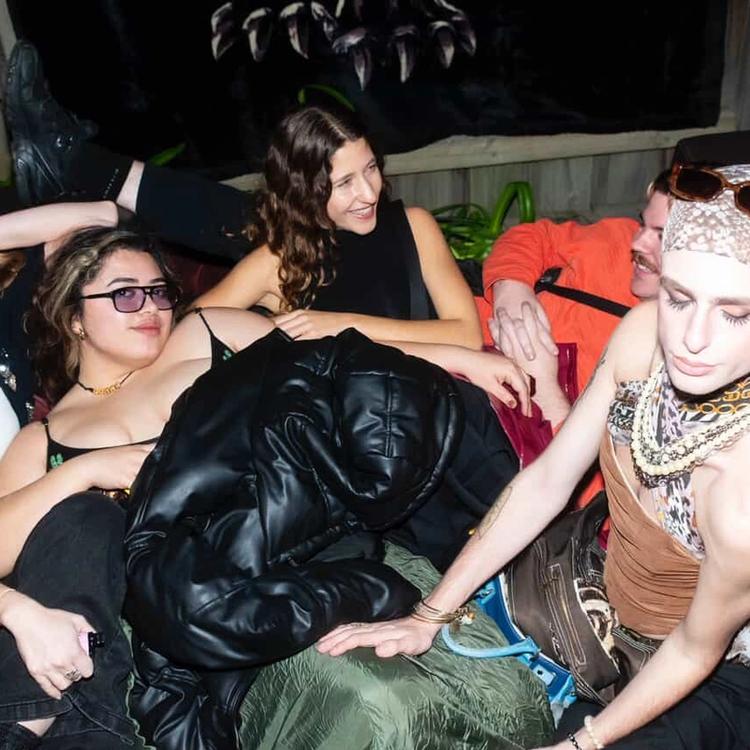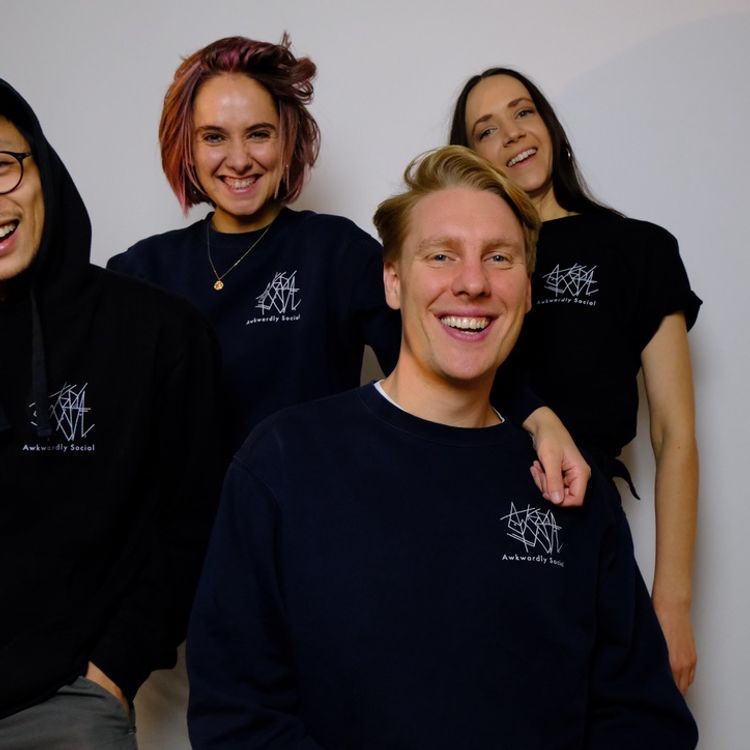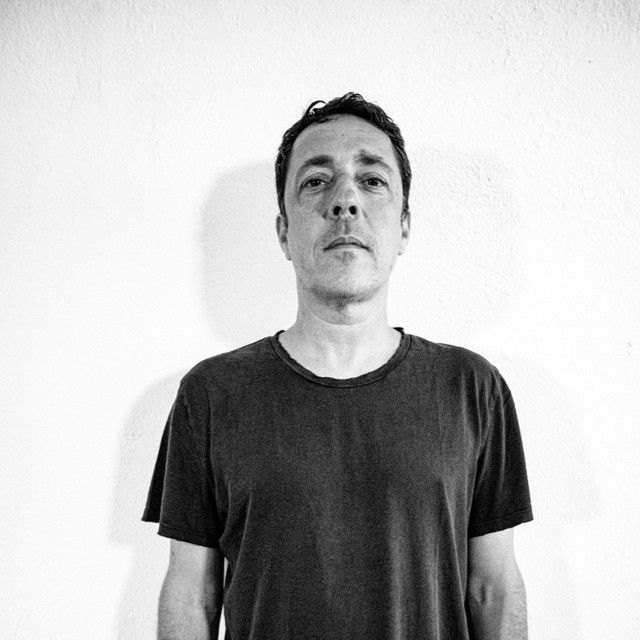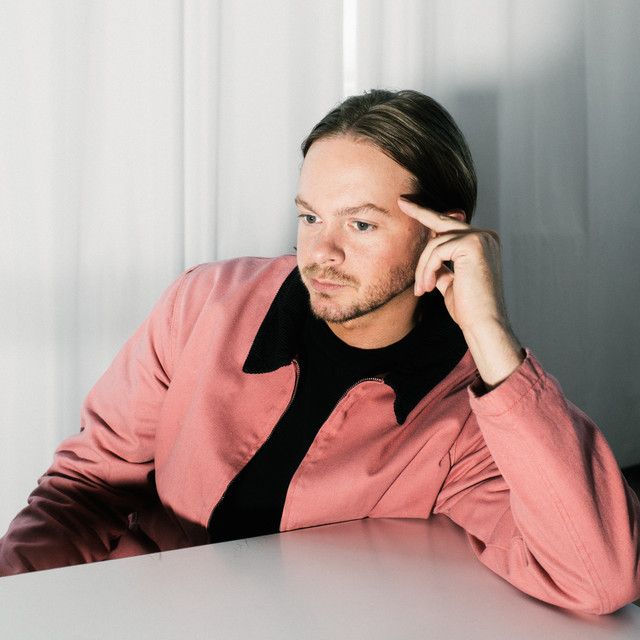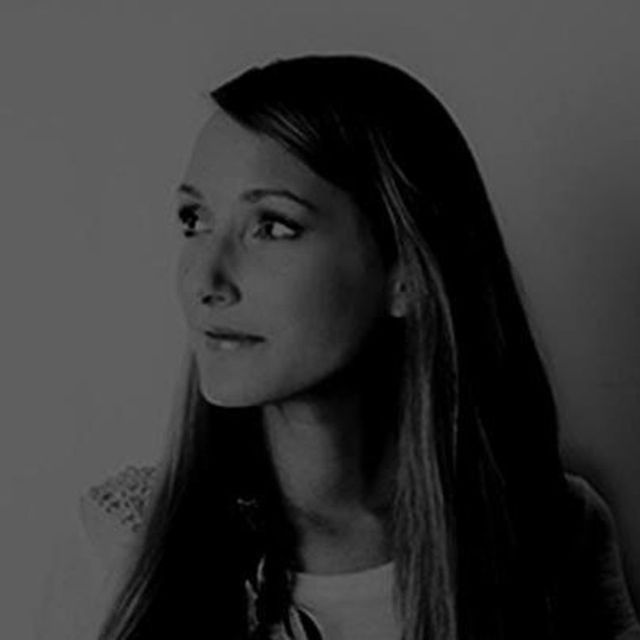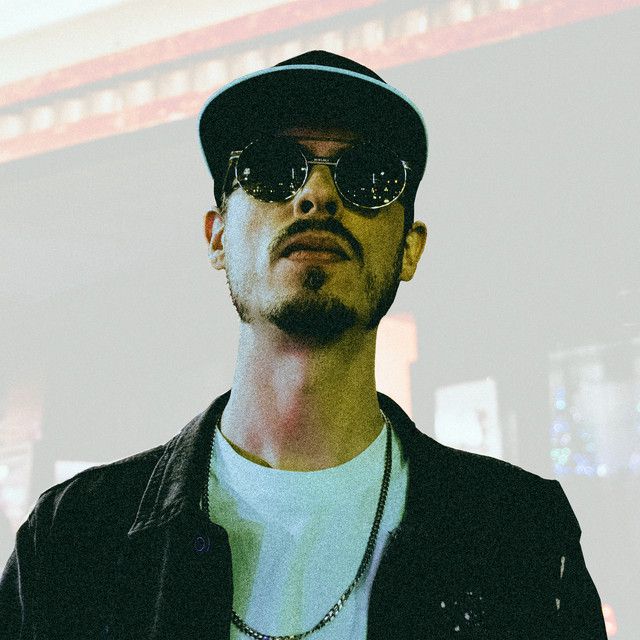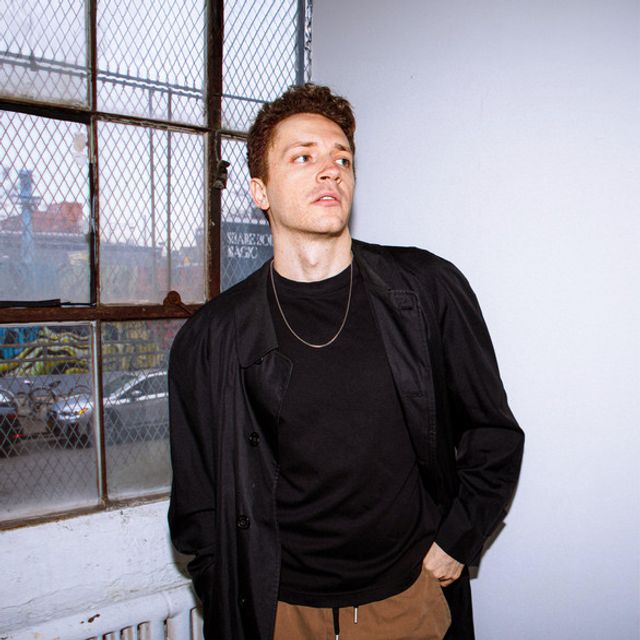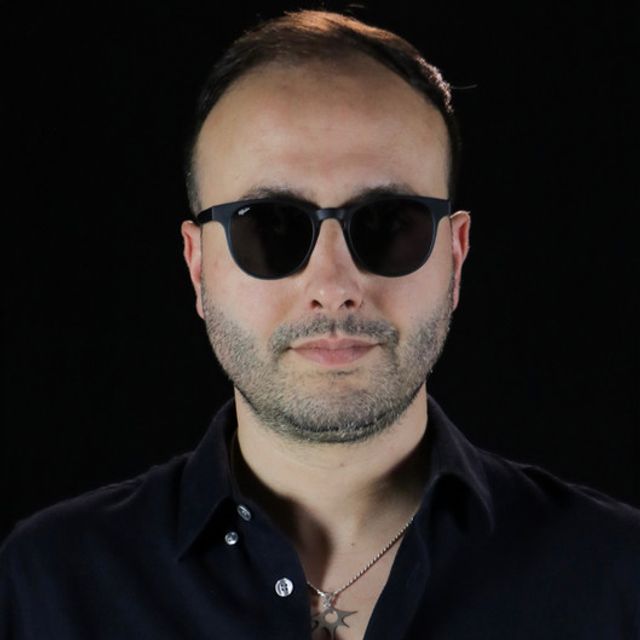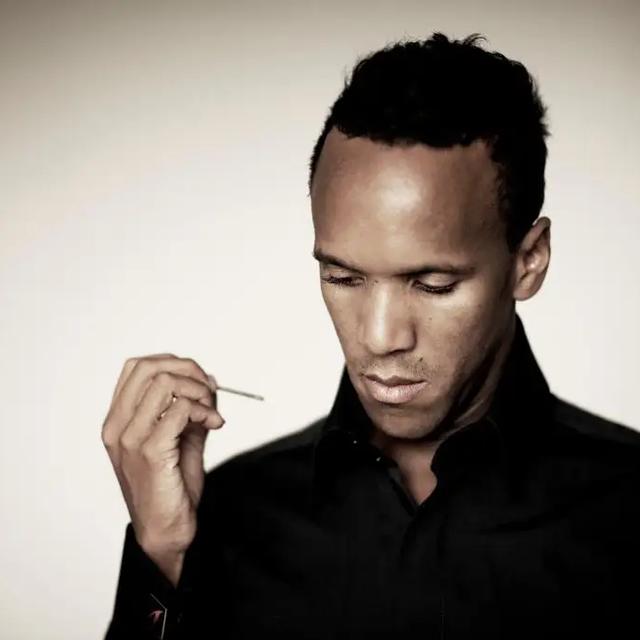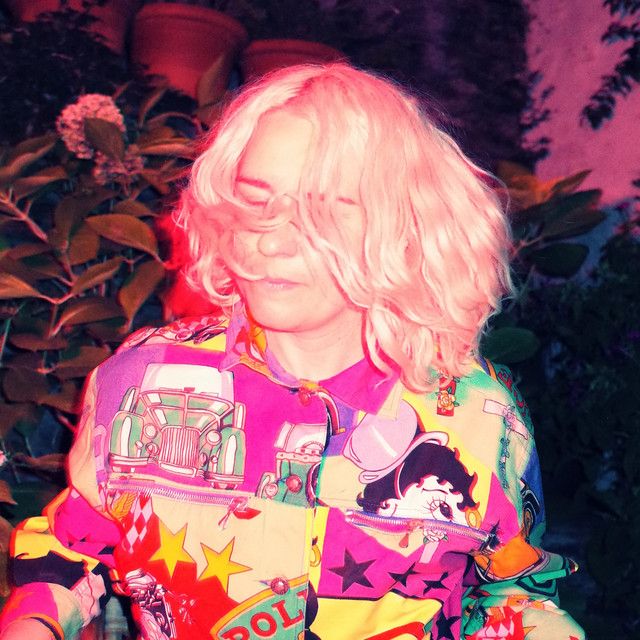Artist Spotlight
Westend—aka Tyler Morris—is part of a cohort of stateside producers whose arrival signaled a dramatic shift in the prevailing sound of house music. When future house exploded, they swerved left and took on an aesthetic brimming with the soulful swagger of classic New York house, bubbling notes of a bass-forward UK aesthetic, and a touch of West Coast wonky weird. As tech-house eclipsed EDM as the sound-of-the mainstage, Morris found himself at the forefront of a movement that brings house music full circle. American producers are once again at the helm of the culture. And his ever-expanding sonic footprint is the blueprint for a new generation of producers.
He now boasts releases on Insomniac Records, Sink or Swim, Solotoko, and Repopulate Mars. He's among the top-selling tech-house artists on Beatport. Yet, even his early releases on the now-defunct Audiophile imprint, an incubator for innovative artists like Dillon Nathaniel, J Worra, Black V Neck, and Steve Darko, were a strong indication of his future status. They showed signs of his trademark polish and ability to channel classic sensibilities into a modern context.
There are no childhood dreams of stardom in his past, though. He only considered himself a casual listener until high school, his taste shifting from East Coast hip hop to rock and pop.
"I never played an instrument or anything. I was never listening to music all the time," he explains. "It was more in the car, on the bus to school. I didn't go to many concerts when I was very young.”
In the late aughts, the internet and dance music created a perfect storm that became a vector for the rise of dance music in the US. The blog house era found the union between the slinky funk of house and the brash fuck it all attitude of punk rock. And as the internet eclipsed radio as a medium for discovery, a new generation was initiated into the eclectic spirit that birthed house music in the 80s.
“Justice was really big for me. I listened to their album Cross front to back and I was like, this is bad ass because it kind of has like that rock and roll to it. But it's pretty much all electronic.."
His iPod overflowed with tracks from MSTRKRFT, Crookers, Bart B More, and the Bloody Beetroots downloaded from Limewire, the peer-to-peer music sharing site. He even admits that he owned a replica of the iconic Bloody Beetroots mask.
As luck would have it, Morris went to the Bronx High School of Science, alma matter of famed synth engineer and inventor Robert Moog. The digital music lab donated by Moog's family introduced him to the tools for production. And the unique way New York City kids throw a high school rager drew out the performer hidden within.
Kids in the suburbs throw parties at home when their parents leave for the weekend (or so the movies say). When you share walls with your neighbors, you have no such luxury. City kids used fake IDs to secure venues for micro-raves. They hire their adolescent friends with DJ controllers to soundtrack the night.
“I had a friend that was a DJ. And I was like, I want to do that, I want to be the one behind the decks kind of controlling energy, the room.” So, he went and got a $150 Vestax controller.
His love for the culture truly blossomed when he went to Terminal Five in NYC. He was lucky enough to catch Gessafelstein’s first US appearance in 2014.
“That was the first time that I got like, obsessed with music. When it wasn't just listening to music in the car. I was like this is gonna be my personality.”
Morriss went off to college at Duke University and returned home to start a job in tech. All the while plugging away at music and gigs here and there to keep the fires burning.
“I think the big turning point for me," he begins. "I was getting a lot of support from other DJs like Justin Martin was playing a lot of my music, I just had signed to Dirtybird. I just felt like there was this real kind of momentum there. I really believed that I could make this project bigger and turn this momentum into something bigger.”
The sense of clarity that comes with devoting your life to art comes with pervasive uncertainty. Those who succeed do so with either the power of belief or confidence that makes failure impossible.
“I'm not a very physical verbal manifester,” he admits, “but I do have a confidence.”
"Yeah, you kind of can manifest it, if you if you really do believe. For me, it's a little bit more subtle. I'm not doing these chants every morning. I don't have a whiteboard." He takes a practical approach to his success, he says.
"You know, if I ever—and this happens all the time—get down, get like a little imposter syndrome. The little devil on your shoulder is like, 'yeah, you're a fraud.' "
He continues, "You kind of feel like, no, I've done X, Y, Z to get to this point, and I'm gonna do X, Y, Z more to get to the next point.”
His practical positivity shines through in everything he tells me. Even when he talks about how he turned the pandemic into an opportunity for himself and others.
He started receiving messages from producers asking for tips and lessons. When he was touring, he never considered teaching an option. But with the extra time on his hands, he decided to take on a few students. He now leads a community of producers who depend on each other for feedback and advice.
He prides himself on being a source of goodwill and encouragement for the community. “I kind of fell in love and got a passion for just teaching other people and, you know, helping other people and really seeing them take in things and improve. It's a great feeling.”
It's not all about production tips. He has some practical advice for producers.
"When you're a[n] up and coming artists, and you start to have some success, there's a temptation to repeat the formula over and over again." It's a trap he fell into after he signed "Ambidextrous" to Dirtybird.
"I was thinking too much about making this song for this one moment in the set."
His output over the last year has more range. It's intentional, he tells me. "If you're playing basketball and you're just shooting three-pointers all the time, yeah, there are players like that that serve like one role. But that's not who I want to be. I want to be able to make music that you want to listen to on a road trip, and that you want to listen to in a club."
